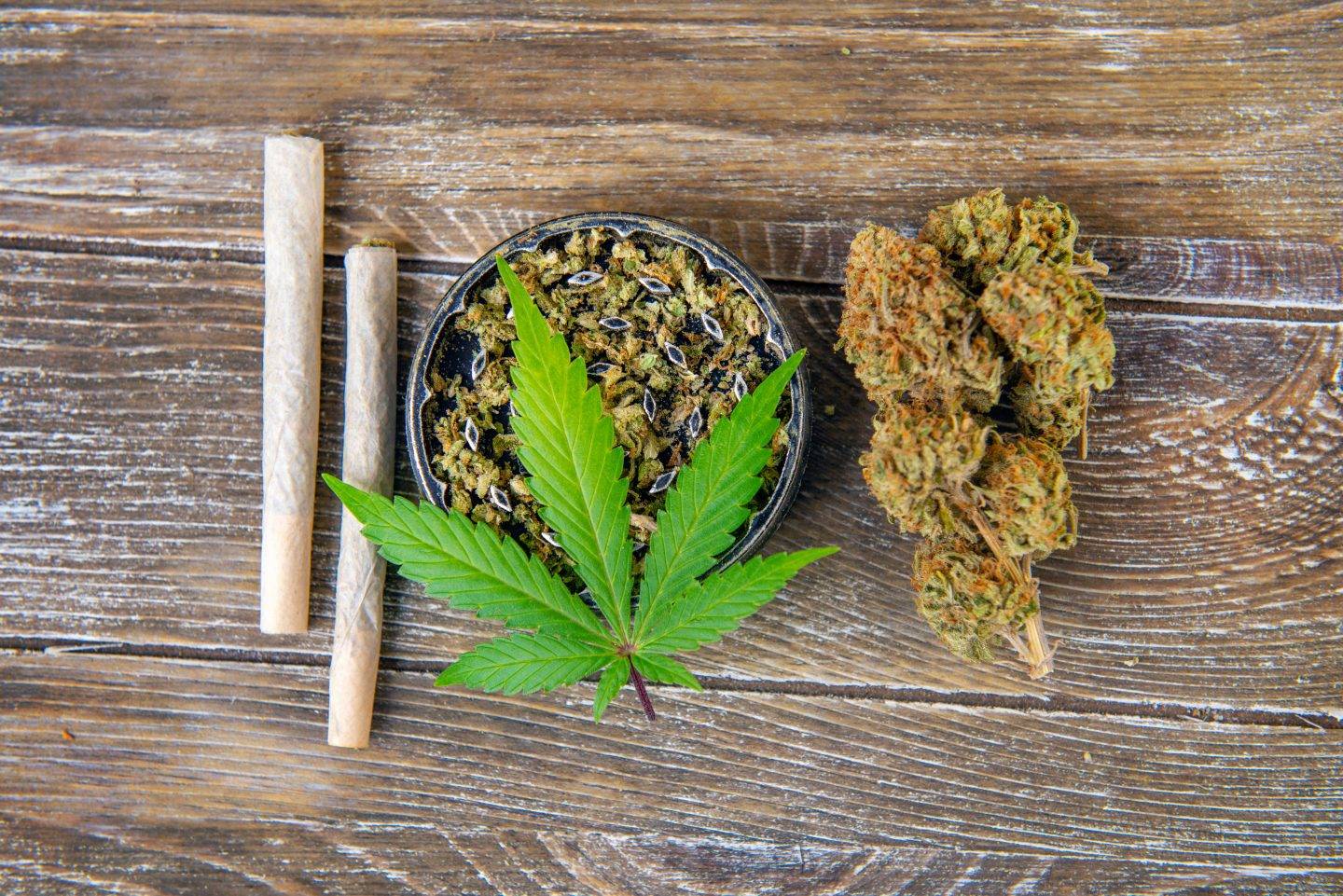Southern Africa Is The Headquarters Of Cannabis Legalization In Africa

The cannabis market is one deemed to be lucrative in present times. For this reason, many countries of the world are relaxing laws for the growing and consumption of the substance.
From Uganda in East Africa to Zimbabwe in the southern part of the same continent, there is a telling growing interest in the valuable crop through exports. The change follows many years of resistance, often from religious sects who oppose its legalization.
Southern Africa
The cultivation of cannabis alongside hemp and their various spinoffs currently constitutes some of the fastest-growing industries in the United States, Canada and other key parts of the world. According to projections, the universal adoption of the plant for recreational use could create a market value that supersedes that of spirits and beer.
While Africa is generally treading softly on this industry, Southern Africa appears to be the epicenter of cannabis regulation in the continent. Most of the countries which have legalized the cultivation and/or consumption of the plant in Africa come from the region.
In February 2020, Malawi became the latest African country to relax its laws against the growing and selling of the crop. Malawi is a landlocked country in southeastern Africa, bordered by Zambia to the northwest, Tanzania to the northeast and Mozambique to the south, southwest and southeast.
“Legalization of this crop will contribute to economic growth as it will contribute in the diversification of the economy and boost the country’s exports, especially at this time when tobacco exports are dwindling,” agriculture minister Kondwani Nankhumwa said.
Bandwagon Nations
After a long African history of producing tonnes of cannabis behind closed doors, Lesotho became the first country in the continent to legalize the plant. The nation—landlocked and enclaved by South Africa—did so for medical purposes back in 2017.
Two years later (December 2019), Zambia joined the pack by legalizing marijuana production for export. Lying in the center of Southern Africa, the country was motivated by a hefty fiscal deficit and growing debt burden.
But before then, South Africa, in September 2018, decriminalized the use of the plant. The move was made by the country’s Constitutional Court amid estimates that a legalized cannabis industry could be worth USD 1.7 Bn by 2023.
Around the same time, South Africa’s neighbor Zimbabwe issued new regulations. The nation’s health ministry hence allowed individuals and companies to receive license for the cultivation of marijuana. Zimbabweans can use a five-year renewable USD 10 K fee to grow, possess, transport and sell fresh/dried cannabis and its oil.
Others
Eswatini—formerly known as Swaziland—is exploring the likeliness of cannabis legalization as a means to boost its economy. The small Southern African landlocked kingdom would earn USD 1.63 Bn annually from the plant if legalized.
Nevertheless, the police in Eswatini still make a lot of arrests for the cultivation of the plant, which is a sign legalization could take a great deal of time and effort. So it is in other African countries who appear unwilling to cash in on the cannabis industry.
The clamor is seemingly more serious in Namibia, another Southern African country. The nation is under pressure to legalize marijuana, but its government reproaches on the grounds of health threats to citizens.
Mid-2019, Namibia’s Ministry of Justice said that the country was not ready to manage the legalization of cannabis or marijuana. Justice Minister, Saccky Shangala, said the country is not able to deal with the devastating effects of the drug on its people.
“The drug is sold in lower income areas. Let us first solve the alcohol abuse problem in the country. As it is, we do not have sufficient drug rehabilitation centres. We hardly talk about mental issues,” he said.
Africa’s Cannabis
The global market for marijuana is expected to reach USD 73.6 Bn by 2027. Two-thirds of that figure would be offered up by medical cannabis, says a February 2020 report by Grand View Research.
The report also emphasises the potential of cannabis “for treating severe medical conditions, such as cancer, arthritis, and Parkinson’s disease and Alzheimer’s disease among other neurological conditions.”
More than 10,000 tons of cannabis are produced on the continent each year, according to a UN survey. This could be why other nations from different parts of Africa are beginning to take their marijuana markets for serious.
| Country | State Of Cannabis Legislation | Last Legal Visit |
|---|---|---|
| Kenya | Illegal, but a bill was introduced in parliament | 2018 |
| Ghana | Legalized, but only the hemp variety for medical & industrial purposes | March 2020 |
| Morocco | Illegal but tolerated for personal use | 2014 |
| Uganda | Unlawful for recreational use but exports medical cannabis products | August 2019 |
| Nigeria | Illegal, but gov't is being advised to legalize | 2019 |
| Namibia | Illegal despite serious clamors | 2019 |
These countries’ climate are suitable for the growth of cannabis. African governments, however, have not all yet followed the trend of legalization seen in Europe and the Americas.
Featured Image: Criminal Defense Lawyers